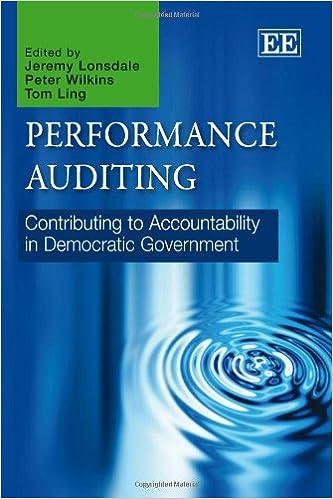Question
1. Which of the following is NOT a requirement to obtain licensure as a Professional Engineer? (a) Have passed all required examinations, or be exempt
1. Which of the following is NOT a requirement to obtain licensure as a Professional Engineer?
(a) Have passed all required examinations, or be exempt there from.
(b) Show evidence of required experience. (c)
Submit an application as required, including payment of fee.
(d) Maintain membership in a professional organization.
2. Which of the following groups, under certain specific conditions, is exempt from the Professional Engineers Act?
(a) Contractors
(b) Real Estate Brokers
(c) Federal Employees
(d) All of the above
3. Which of the following persons is NOT exempt from the licensing provisions of the Professional Engineers Act?
(a) An employee of a communications company under the jurisdiction of the Public Utilities Commission when preparing plans for communication lines
(b) A private citizen who designs his own one-story wood frame residence, which complies with Title 24
(c) A licensed contractor when designing an electrical or mechanical system that he or she is legally contracted to install
(d) A licensed contractor designing complete commercial buildings that she or he has contracted to construct
4. In which of the following branches of engineering is the practice NOT restricted?
(a) civil engineering
(b) mechanical engineering
(c) nuclear engineering
(d) electrical engineering
5. Which of the following is NOT true?
All licensed engineers may:
(a) Practice industrial engineering
(b) Use the title "Consulting Engineer"
(c) Use the title "Professional Engineer"
(d) Use any engineering title
Step by Step Solution
There are 3 Steps involved in it
Step: 1

Get Instant Access to Expert-Tailored Solutions
See step-by-step solutions with expert insights and AI powered tools for academic success
Step: 2

Step: 3

Ace Your Homework with AI
Get the answers you need in no time with our AI-driven, step-by-step assistance
Get Started


